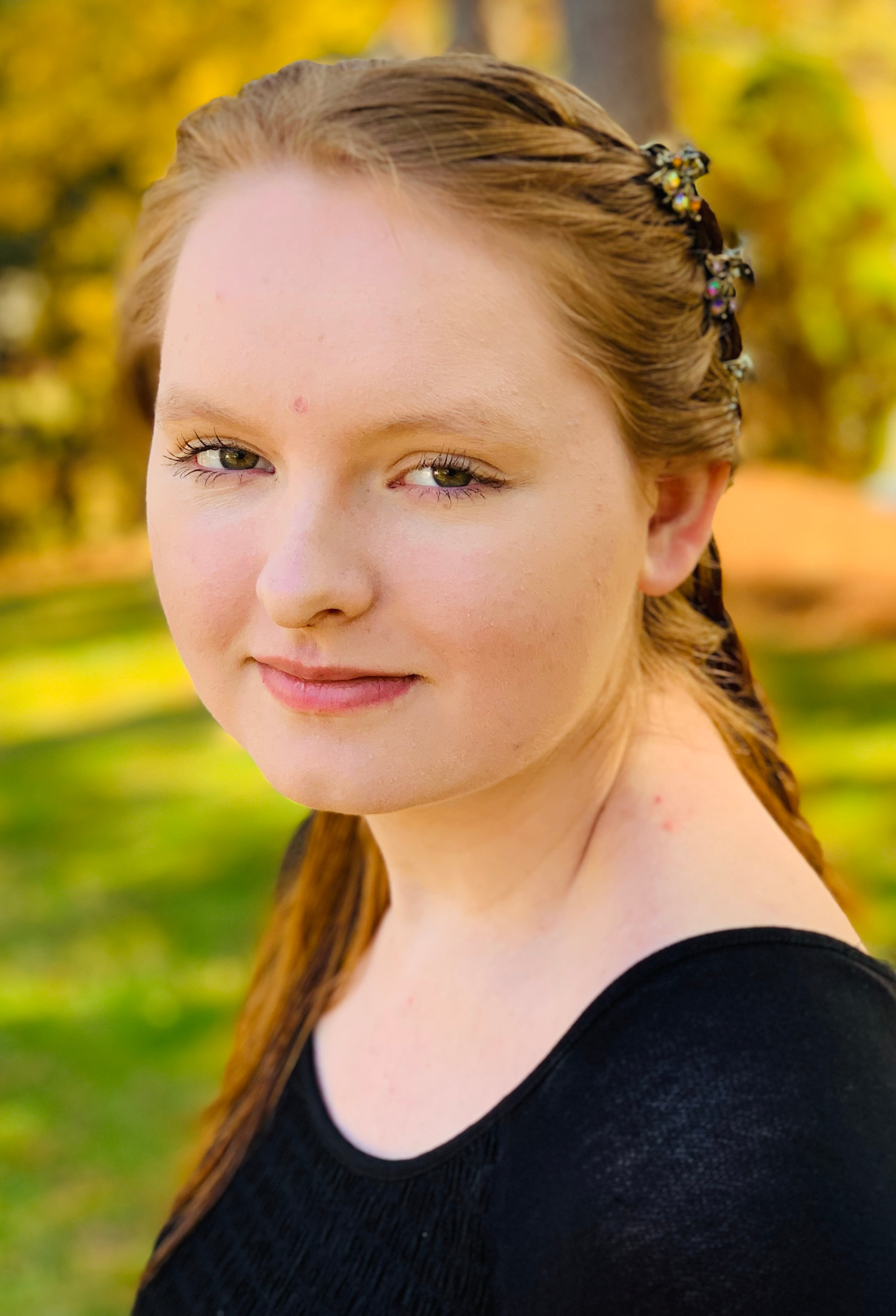A Code Red drill and nowhere to hide: A Cobb student’s moment of terror

Emily Ross, 16, is a sophomore at Walton High School and an author. Her 218-page sci-fi fantasy book, "Blue's Prophecy," was published two years ago by TitleTown Publishing.
In this essay, Emily describes an incident more nightmarish than fantastical -- being locked out of her classroom and alone in the hallway of her Cobb County high school during a Code Red drill. Code Red signals an active threat and requires classrooms be locked down.
This is an important essay as it reveals the impact on American children of growing up in the age of mass shootings in which our only advice to them is hide and hope.
By Emily Ross
The Code Red drill was Thursday afternoon at Walton High School.
It had already been a terrible day. I was feeling sick, and my teacher told me to check into the nurse’s clinic for nausea. While at the nurse’s clinic, I ended up throwing up in the bathroom.
That’s when I heard the intercom. I couldn’t hear what was said because I was still in the bathroom, but the nurse knocked on the door and told me we were in a Code Red Drill. Procedure was she was supposed to hide out in the bathroom – where I was throwing up. She sent me out of the bathroom back to my classroom.
My classroom is on the fourth floor. I was on the second floor. I was the only one on the stairs – out of a student body of almost 2,700. The only one.
By the time I made it back to my classroom, everything was in full lock down. Door window shades down. Students hiding sideline from the door. Doors locked.
Doors locked.
I knocked quietly at first on my classroom door.
Door locked.
I knocked louder.
Door locked.
No. No. NO. NO. NO!
Of course, the door was locked. Of course, they’re not going to open the door.
Of course, in an actual school shooting, I would die here. Just me and the shooter, bound by fate in the emptiness of an isolated, abandoned hallway.
At that moment, an administrator appeared in the hall to make sure everyone was accounted for. As he approached me, I was still trying to get into my classroom, sweating and heart pounding.
He told me to stop trying.
It’s a drill. That’s all.
Then I burst into tears.
Then I called my mom and went home early.
Waiting on the coffee table was a bullet-resistant backpack insert my mother had already purchased after the shootings this weekend. A former police reporter and a gun owner, she knows what these weapons can do.
She also knows this shield cannot protect me from a semi-automatic weapon. “It’s more psychological than anything else,” she said, almost apologetically. “Sometimes, moms – in their own way - try to control things that are uncontrollable.”
But I’m not a mom – I’m a student steeped in this environment every day. We all are.
My friends and I bitterly laugh at last year's South Park Season 22 premiere where Stan and his parents are having dinner. His mom wants Stan – who's in elementary school - to tell his dad about a shooting at his school. But after learning Stan is neither the shooter nor a victim, his dad is more interested in why Stan failed his math quiz.
To a certain extent, we’re all in similar denial.
The students -- expected to run, hide, fight a killer. Expected to never joke nor really talk about a possible rampage. The day before the drill, I was catching a ride home, and I yelled, “shotgun” – so I could sit next to my BFF, who was driving. Everyone turned around, briefly stunned. I instantly realized context at high school is now everything.
The teachers are expected to be self-sacrificing and stop someone with a weapon that can kill nine people in less than 30 seconds. The administration is expected to appease parents with procedures that might – or might not – work.
I’m 16. I don’t have a solution.

I do know that this is going to change my generation. I’m not “a snowflake” or all the other mild slurs we use to talk about cowards. I learned how to shoot a gun at 14 – my mother and father are both Ohio farm kids – and we keep our guns locked up.
But this is changing me. This is warping me. I never feel safe.
I did online school for a year after my book was published because my schedule was so hectic. I’m starting to feel wistful about that experience, wondering whether I would feel better at home, away from Code Yellow and Code Red drills, security guards and police, and teachers who are also first responders. (My homeroom teacher is a designated first responder, and I never feel safer than that first five minutes in class with him.)
This is not normal. Do not mistake our calm attitude about these shootings as a sign we’re okay.
We’re all hiding our invisible wounds inflicted during an implausible event.

